Everything You Need To Know About Vinegar As A Household Cleaning Agent
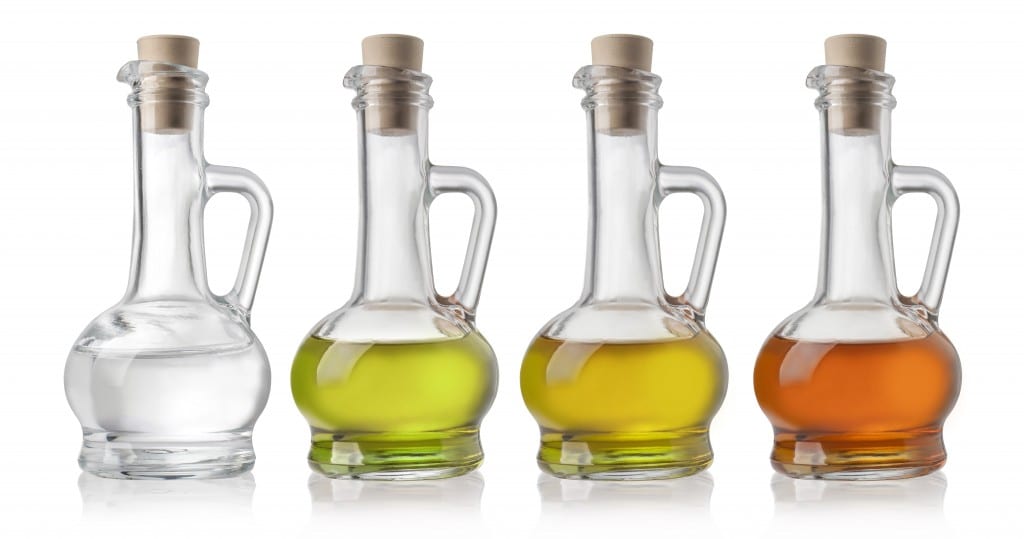
Vinegar, from the Latin “vinum acer” meaning “sour wine,” dates back at least 7,000 years. It has been found in Ancient Egyptian urns, was a lower-class drink in Roman times, was mentioned in the Old Testament, and was in large-scale production in China by 500BC.
Vinegar can be made from any sugary substance but usually comes from fruit, using a process that ferments the sugar into acetic acid. There are two common ways of making vinegar, by using yeast or a genus of bacteria called Acetobacter. Ironically, we use microorganisms to create vinegar, which can then be used to fight them.
Titus Livy chronicled how Hannibal poured boiling vinegar on boulders to clear the way as he crossed the Alps. Louis XIII of France allegedly spent 1.3 million livres on vinegar to cool and clean his canons during battle. Medieval English knights used vinegar and sand to clean their chainmail, and each soldier was supplied with a ration of vinegar during the American Civil War.
Vinegar’s use as a household cleaner and disinfectant is just as long and widespread, and today is undergoing a revival as more and more people search for an effective, inexpensive, and eco-friendly cleaner to replace harsh bleaches and chemicals.
Acetic acid, the active cleaning component in vinegar, is a natural deodorizer, and damages the cell membranes of most bacteria, causing the microbes to die. However it isn’t completely effective against all pathogens, and doesn’t have an effect on some dangerous bacteria such as staph.
The science behind using vinegar as a household cleaner

Even though vinegar isn’t a complete cleaning solution, it is still a very effective one when used correctly. Unlike some other traditional cleaners, vinegar has been scientifically proven to eliminate a number of microbial nasties. A team of Japanese researchers found that vinegar was 100 percent effective at inhibiting the growth of E. coli and concluded it was “markedly effective for the prevention of bacterial food poisoning.” It was also proven effective as a biocide preventing the growth of pathogens in the wounds of burns victims in a study conducted by the Institute of Microbiology and Infection in conjunction with Queen Elizabeth Hospital in the UK.
A further study, published in the Journal of Clinical and Diagnostic Research, found that vinegar was an effective disinfectant for extracted human teeth, and was recommended for lab decontamination uses.
It isn’t just bacteria that vinegar is effective against. The Institute for Food and Agricultural Sciences at University of Florida studied the effects of vinegar on poliovirus, bacteriophages—a virus that parasitizes bacteria—and salmonella, and found a vinegar wash reduced all pathogens by 95 percent.
Finally, the American Society for Microbiology published a study demonstrating that vinegar was effective at killing multidrug-resistant strains of tuberculosis and other mycobacteria that can cause leprosy and post-surgical complications in immunosuppressed patients. The study found that “acetic acid (vinegar) is an effective mycobactericidal disinfectant that should also be active against most other bacteria.”
Selecting the right type of vinegar for cleaning your home
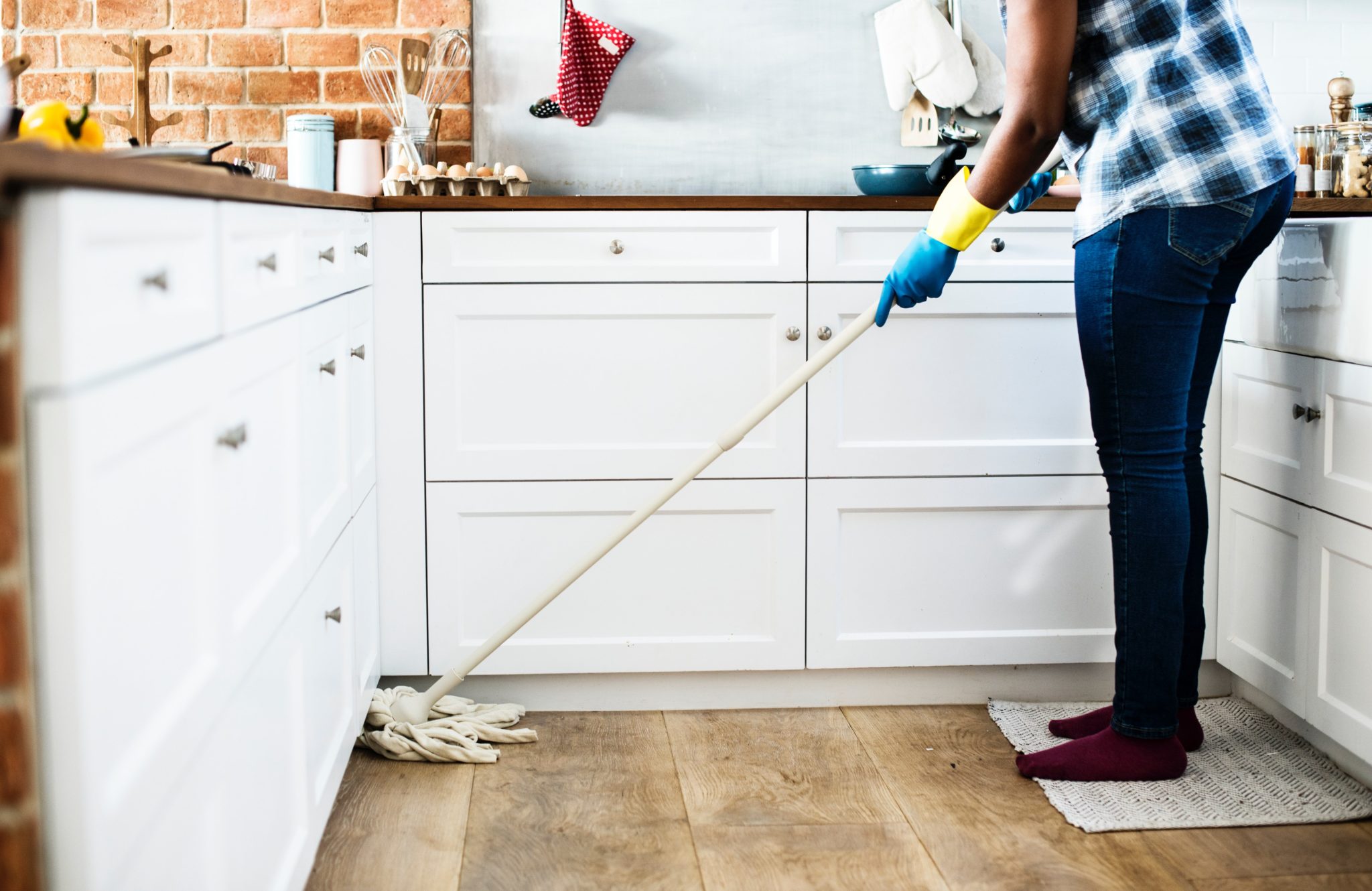
Not all vinegar can be used as a household cleaner. There are many types of vinegar available, including malt, apple cider, rice, red and white wine vinegars, and balsamic, and most vinegars belong in the pantry, not under the sink. The best vinegars to use as a cleaning solution are distilled white vinegar, or apple cider vinegar.
Although you can find both distilled and white vinegars in most grocery stores, and they look and smell very similar, they’re actually different products. White vinegar, also known as spirit vinegar, is made by fermenting sugar cane. Distilled vinegar can be made from any fruit or sugar source, including rice, wine, fruit, honey, and more.
The distilling process separates the liquid component from the base mixture, producing a clear solution with 5-8% acetic acid, compared with the slightly weaker 4-7% white vinegar. However some white vinegars are made from combining acetic acid with water and can be much stronger, having up to 20% acid content, so you should always check the strength of any vinegar before using it as a household cleaner.
Distilled white vinegar is white vinegar that has been through an extra distilling process and is slightly purer than plain white vinegar as a result.
Apple cider vinegar is another great cleaner, made by fermenting apple juice. It has the same cleaning properties as white or distilled vinegar, but many people prefer its sweeter, fruity scent.
While vinegar is an excellent, cheap, and environmentally friendly antibacterial cleaner, it isn’t suitable for use on every surface in your home. Vinegar is an acid and as such can be corrosive, even in weak solutions. Distilled white vinegar has a pH around 2.4, making it more acidic than almost everything except stomach and battery acid. Because acid doesn’t always react well with natural materials, always double-check if a surface is safe to use vinegar on before you start cleaning.
When not to use vinegar
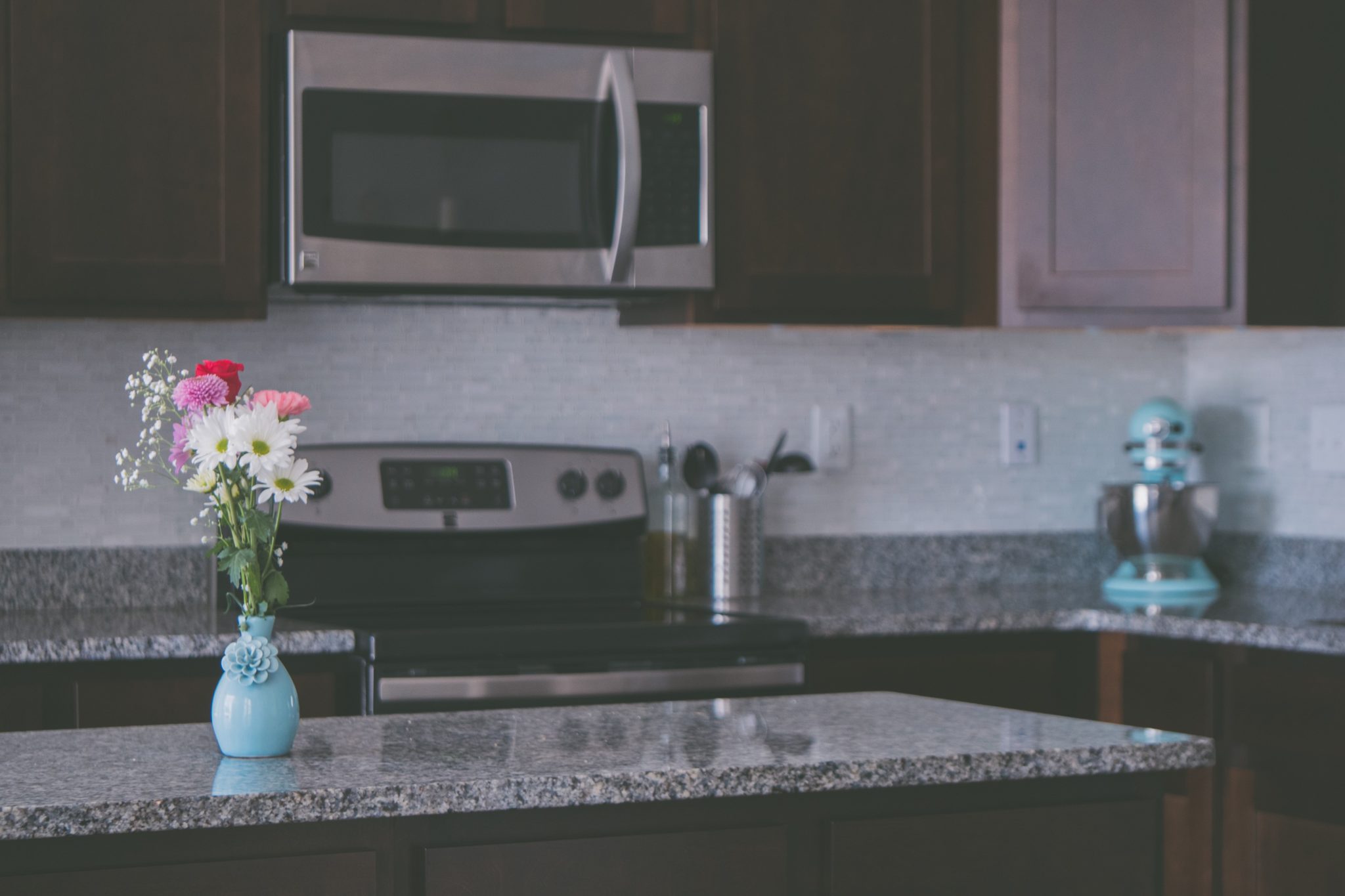
Natural stone surfaces such as granite and marble countertops or tiles react badly with the acid in vinegar, which can eat away at their surface, leaving them pitted and dull.
Vinegar is useful for removing rust spots from your cutlery, but unless your knives are made of stainless steel, don’t use it as a regular cleaner. The acid in vinegar is strong enough to eat through the blade over time.
Don’t use vinegar on solid wood either, either furniture or hardwood floors. Vinegar can dissolve some polish finishes and is likely to leave water marks on others.
Finally, if you’ve got an eggy mess in the kitchen, don’t reach for the vinegar. It will react with the egg protein and turn into a glue that’s even harder to clean up.
Use vinegar sparingly on tile grout. A little can help you clean off mold and mildew but used too often and it will destroy the seal and cause more problems than it solves.
When to use vinegar
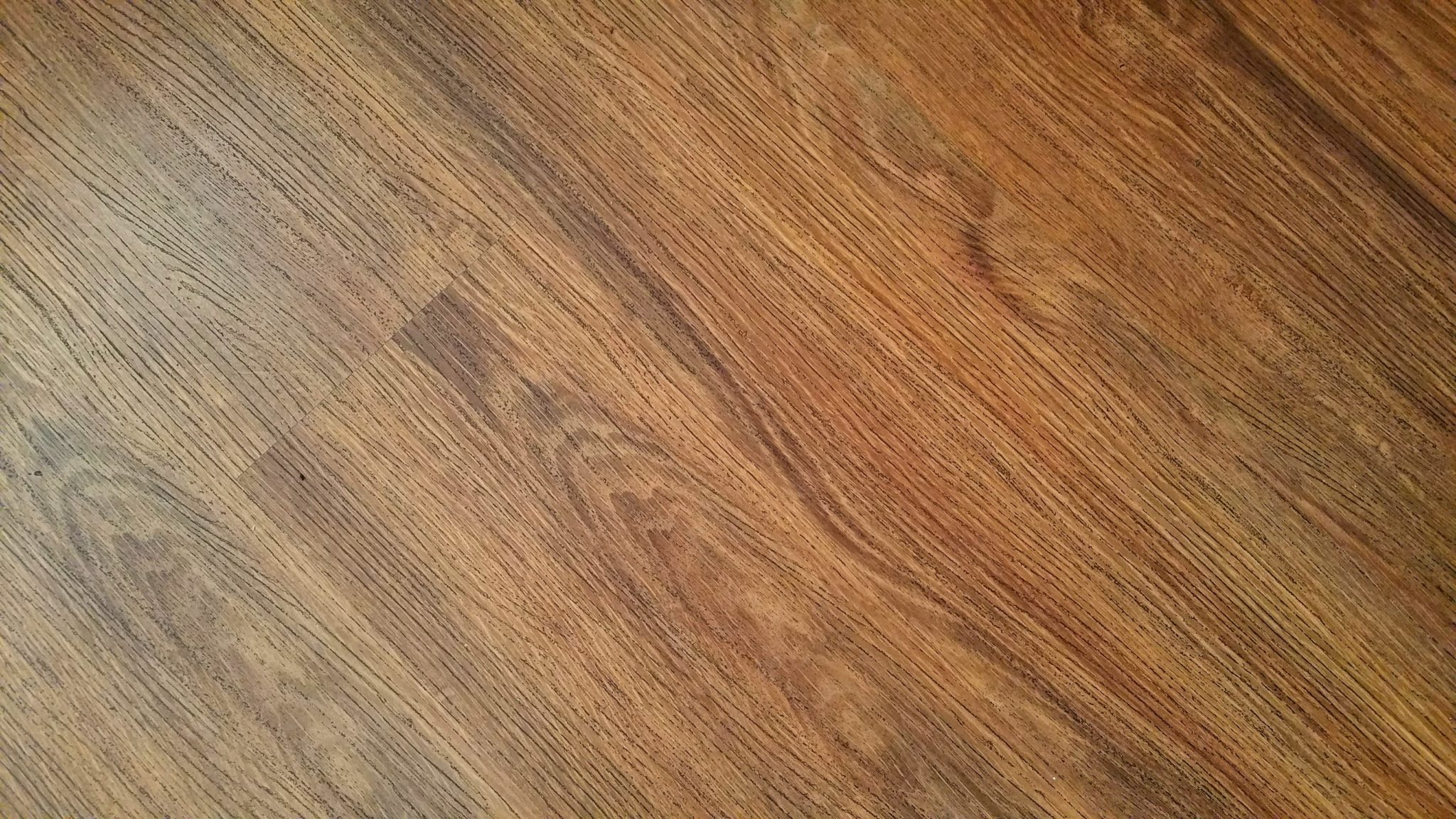
Vinegar is great as a general cleaner on all kinds of non-porous surfaces. You can use it to clean ceramic wall and floor tiles, laminate flooring, kitchen cabinets and countertops, mirrors, windows, and more.
It also makes a great cleaner and disinfectant for many appliances. Clean the inside of a microwave by heating vinegar and letting the fumes do the hard work of lifting off old food stains. Freshen up the inside of your dishwasher by running a hot wash with a bowl of white vinegar inside.
Fill your washing machine with hot water and pour vinegar inside (for top loaders) or into the detergent and fabric softener dispensers (front loaders) and let soak for an hour before running. Wipe and spray down the inside of your fridge to eliminate germs from food storage.
You can also use vinegar to maintain small appliances like your coffee maker and clothes iron, and eliminate smells from garbage disposals, drains, and toilets.
The uses for vinegar don’t stop there. It’s a great cleaner for fabrics too. Soak dark denim in vinegar to set the color so it doesn’t run in the laundry, use it as a spot-treatment on stains, and add a cup of distilled vinegar to a hot wash to freshen up smelly towels.
Finally, remember all those studies about vinegar’s effectiveness at removing bacteria from food? Soak your fruit and vegetables in a solution of one-part vinegar to three parts water before consuming to eliminate as many pathogens as possible before you eat. You can rinse off the vinegar after ten minutes. Some fruits even stay fresh longer if you give them a quick vinegar bath after purchasing.
Using vinegar to clean in the home
Every room of your home can benefit from using vinegar as a cleaner. If you’re still not convinced by this eco-friendly, antibacterial household helper, here are some things to try.
Kitchen
Everyone wants a clean kitchen, so why not use a product that’s naturally found in there anyway, that you know isn’t toxic or harmful if it gets near your food. As well as disinfecting all your kitchen surfaces—except any natural stone countertops, of course—you can use vinegar in dozens of ways to keep your kitchen clean and gleaming.

- Use a paste of vinegar and baking soda to scrub away stains with ease and remove hard water marks and limescale from sinks and faucets.
- Tie a bag filled with vinegar over faucets and leave overnight to have them sparkling clean in the morning.
- Spray cutting boards with vinegar and rinse off to eliminate bacteria.
- Coat plastic containers with vinegar before washing to remove old stains.
- Pour a cup of baking soda down the drain and follow with a cup of vinegar to keep it running clean and smelling fresh.
Bathroom
Your bathroom is another great room to use distilled vinegar liberally in order to get everything sparking clean. Use cautiously around tile grout and any natural stone surfaces, but otherwise you can use vinegar almost anywhere.
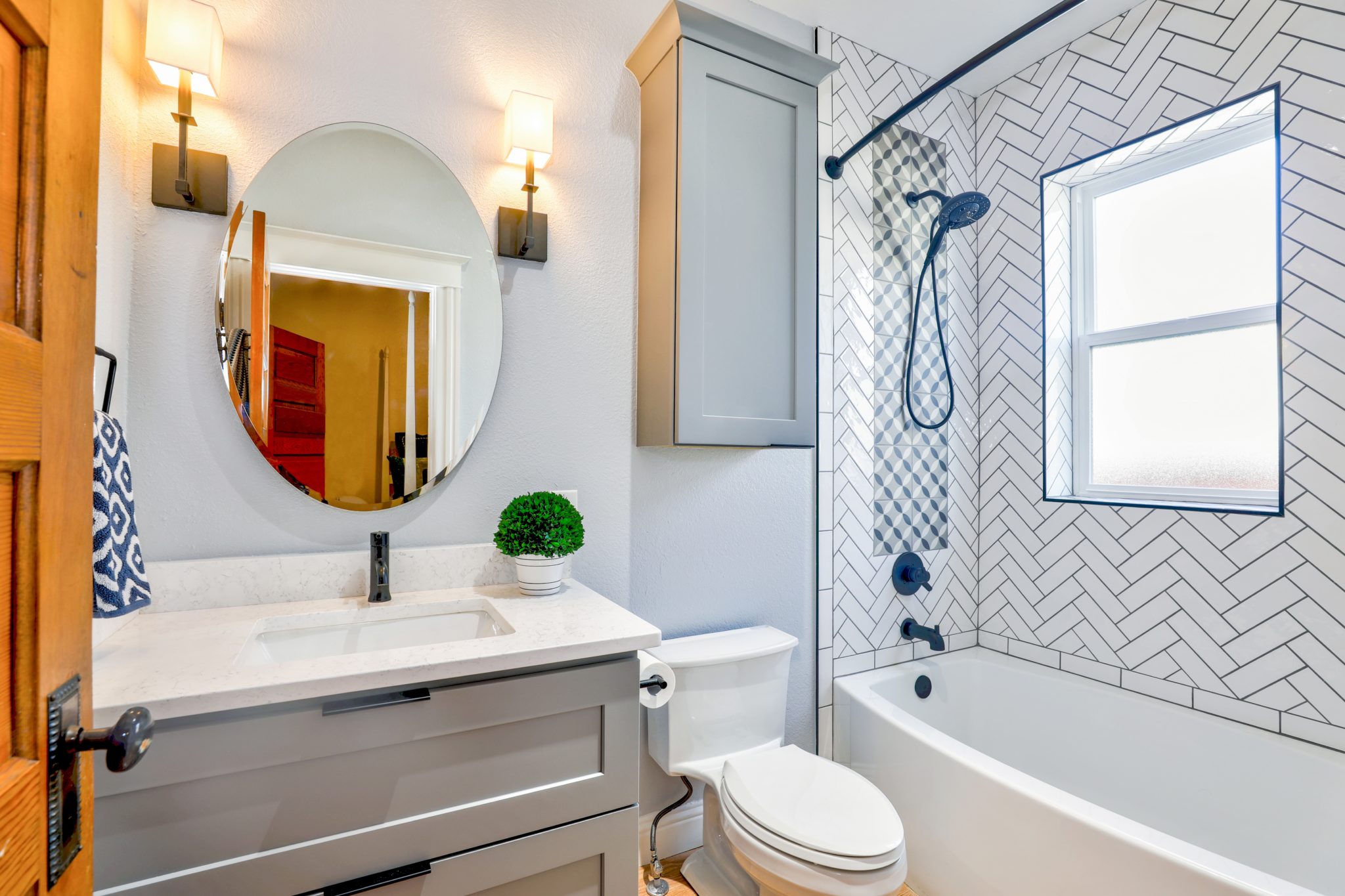
- Pour a cup of vinegar into the toilet bowl and leave overnight. For even better results, add baking soda the next morning and scrub before flushing.
- Clean the bath drain using baking soda and vinegar, then pour another half cup of vinegar over a closed drain and leave overnight to remove build up and leave it looking shiny and new.
- Tie a bag of vinegar around your showerhead and leave overnight to thoroughly clean mineral deposits from the jets.
- Spray vinegar onto your shower door and wipe down with newspaper for a streak-free clean or wash shower curtains on a warm cycle with a cup of vinegar to eliminate mold and mildew.
Bedroom
You might not have any drains or appliances in your bedroom, but it can still be spruced up with a touch of distilled vinegar.

- Remove carpet stains by sprinkling with baking soda and then adding half a cup of vinegar. Leave it to fizz up and then let it dry naturally before vacuuming up for hassle-free stain removal.
- Clean window blinds by moistening an old sock with vinegar, popping it over your hand, and running it across the slats.
- Remove odors from clothes by washing on a hot cycle with a cup of vinegar. Vinegar can also help soften fabrics and keep them static-free.
- Restore your whites to shining white by adding a cup of vinegar to two quarts of boiling water and letting your clothes soak overnight.
- Lightly spray your mattress with vinegar and let dry to combat mildew, mites, and odors.
Living Room
There’s no end to vinegar’s usefulness as a household cleaner. In the living areas of your home, use it to keep all your surfaces clean and stain-free.

- Clean your computer mouse, keyboard, and peripherals using a cloth that’s just barely dampened with vinegar—squeeze out as much as you can so you don’t get any electronics wet, and always ensure everything is switched off before cleaning.
- Wipe down your TV remote and cell phone with a vinegar-dampened cloth to remove bacteria.
- Get rid of unsightly water rings on wooden furniture using a 50/50 mixture of vinegar and olive oil. Apply sparingly with a cloth, and always rub in the direction of the grain. Use a clean, dry cloth to buff up the surface.
- Mist the backs of rugs with vinegar to stop mildew and odors.
- Clean windows, mirrors, and glass surfaces with a 50/50 water and vinegar mix.
Outside the home
Vinegar’s uses don’t end at the front door. You can also use vinegar outside to freshen up your yard and keep plants in check.

- Spray weeds with vinegar to stop them in their tracks, or pour over areas where grass shouldn’t be growing to kill plants and stop them coming back.
- If you live in a hard water area, increase soil acidity by diluting a cup of vinegar in a gallon of tap water and watering acid-loving plants like azaleas, daffodils, rhododendrons, hydrangeas, and more.
- Soothe wasp stings by dousing with vinegar. Wasp stings are alkali, so the acid in vinegar neutralizes the sting.
- Make a DIY bug spray by mixing three parts water to one part vinegar and adding a teaspoon of dish soap. Lightly spray plants to deter pests, and don’t forget the underside of leaves to remove whitefly eggs.
- Keep cut flowers fresh longer by adding two tablespoons of sugar and two tablespoons of vinegar to one quart of water. Change the water every five days for best results.
Vinegar: the homeowner’s secret best friend
You don’t need to spend a fortune on abrasive chemicals or specialist solutions to keep your house clean and fresh. Distilled vinegar is a cheap, scientifically proven solution to many everyday household cleaning needs. From disinfecting your kitchen and bathroom to leaving your home smelling fresh, your laundry bright, and your windows sparking and streak-free, vinegar is the natural solution to many everyday cleaning problems.